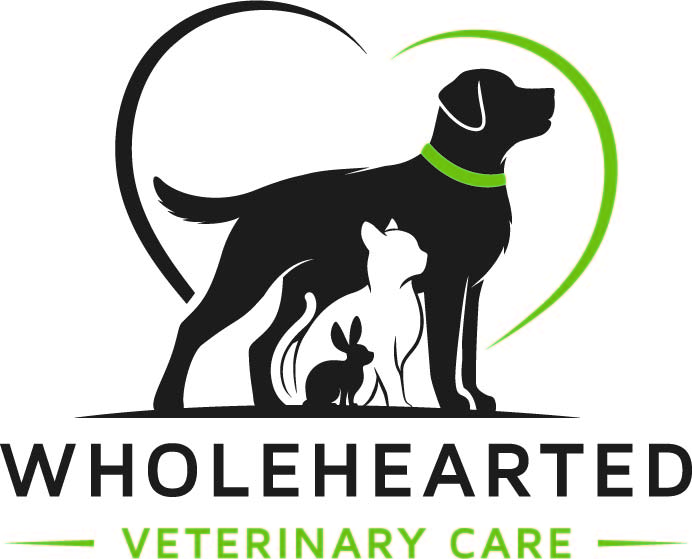Form
Surgery consent form
Thank you for choosing Wholehearted Veterinary Care as your preferred Grand Rapids, MI veterinarian! Please fill out the following form as accurately as possible.
Surgery consent form
We appreciate the chance to look after your pet. Please complete the following form entirely to guarantee that your pet receives the finest treatment possible from our staff. The * indicates that a field is necessary.
